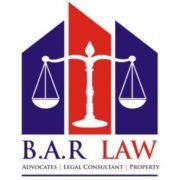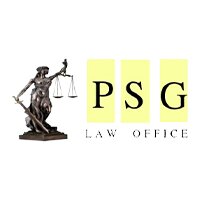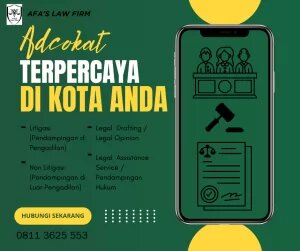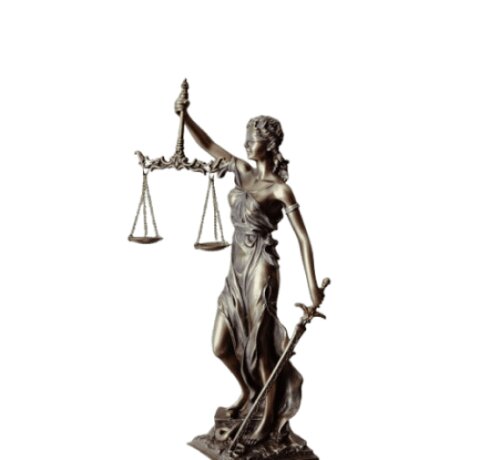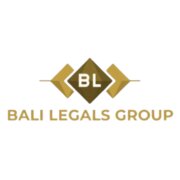Best Foreclosure Lawyers in Jakarta
Share your needs with us, get contacted by law firms.
Free. Takes 2 min.
Free Guide to Hiring a Real Estate Lawyer
List of the best lawyers in Jakarta, Indonesia
About Foreclosure Law in Jakarta, Indonesia
Foreclosure is the legal process through which a lender seeks to recover the amount owed on a mortgage or loan by selling or repossessing the property used as collateral. In Jakarta, Indonesia, foreclosure is regulated by specific laws and regulations that govern the process and protect the rights of both borrowers and lenders.
Why You May Need a Lawyer
Seeking legal advice from a lawyer specializing in foreclosure can be crucial in many situations, including:
- Understanding your rights and obligations as a borrower
- Negotiating with the lender to prevent foreclosure
- Assessing the legality of the foreclosure process
- Filing a legal defense against foreclosure
- Reviewing and interpreting mortgage agreements and contracts
Local Laws Overview
Foreclosure in Jakarta is primarily governed by the Law No. 4 of 1996 on Mortgage of Land and All Its Assets. Key aspects of local laws relevant to foreclosure in Jakarta include:
- Strict procedures for foreclosure, including notification requirements to the borrower
- Protection against arbitrary foreclosure actions
- The requirement for proper valuation of the property before foreclosure
- Opportunities for the borrower to cure default and halt foreclosure
- Judicial oversight of foreclosure proceedings
Frequently Asked Questions
1. Can I stop foreclosure once it has started?
Foreclosure proceedings can often be stopped or delayed through negotiation with the lender or by filing a legal defense. It is crucial to seek legal advice as soon as possible to explore your options.
2. What happens to my property after foreclosure?
After foreclosure, the property is typically sold through a public auction, and the proceeds are used to satisfy the outstanding debt. If the proceeds exceed the debt, the surplus may be returned to the borrower.
3. Can I lose my other assets besides the property being foreclosed?
In general, foreclosure is limited to the property used as collateral. However, if there are other assets pledged as security for the loan, those assets may also be at risk of being used to satisfy the debt.
4. Are there any alternatives to foreclosure?
Yes, alternatives to foreclosure such as loan restructuring, mortgage refinancing, or negotiated settlements may be possible. Consulting with a lawyer can help explore these options.
5. Can I seek compensation for any wrongful foreclosure actions?
If you believe the foreclosure process was conducted unlawfully or improperly, you may have grounds to seek compensation. Contacting a lawyer experienced in foreclosure law is essential to assess the merits of your case.
Additional Resources
For further information and assistance, you may find the following resources helpful:
- Indonesia Financial Services Authority (OJK) - https://www.ojk.go.id
- Ministry of Law and Human Rights Republic of Indonesia - https://www.menlhk.go.id/
- Jakarta Legal Aid Institute (LBH Jakarta) - http://lbhjakarta.org/
Next Steps
If you require legal assistance in a foreclosure matter, consider the following steps:
- Gather all relevant documents, including mortgage agreements and correspondence with the lender.
- Contact a lawyer specializing in foreclosure to discuss your situation and schedule a consultation.
- Provide the lawyer with all necessary information and documents during the consultation.
- Follow the lawyer's advice and guidance on the best course of action based on your specific circumstances.
- Keep open lines of communication with your lawyer and provide any additional information or documents required throughout the legal process.
Lawzana helps you find the best lawyers and law firms in Jakarta through a curated and pre-screened list of qualified legal professionals. Our platform offers rankings and detailed profiles of attorneys and law firms, allowing you to compare based on practice areas, including Foreclosure, experience, and client feedback.
Each profile includes a description of the firm's areas of practice, client reviews, team members and partners, year of establishment, spoken languages, office locations, contact information, social media presence, and any published articles or resources. Most firms on our platform speak English and are experienced in both local and international legal matters.
Get a quote from top-rated law firms in Jakarta, Indonesia — quickly, securely, and without unnecessary hassle.
Disclaimer:
The information provided on this page is for general informational purposes only and does not constitute legal advice. While we strive to ensure the accuracy and relevance of the content, legal information may change over time, and interpretations of the law can vary. You should always consult with a qualified legal professional for advice specific to your situation.
We disclaim all liability for actions taken or not taken based on the content of this page. If you believe any information is incorrect or outdated, please contact us, and we will review and update it where appropriate.




